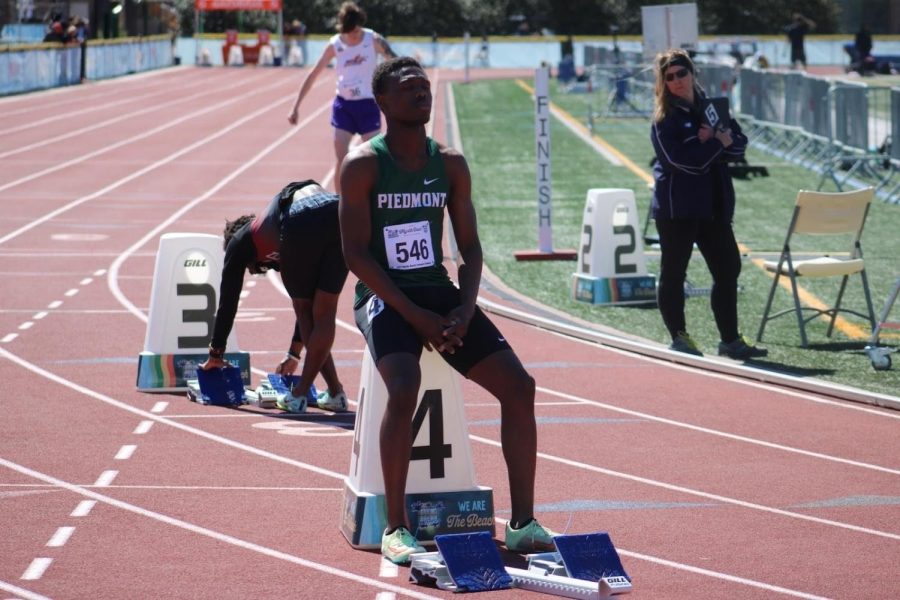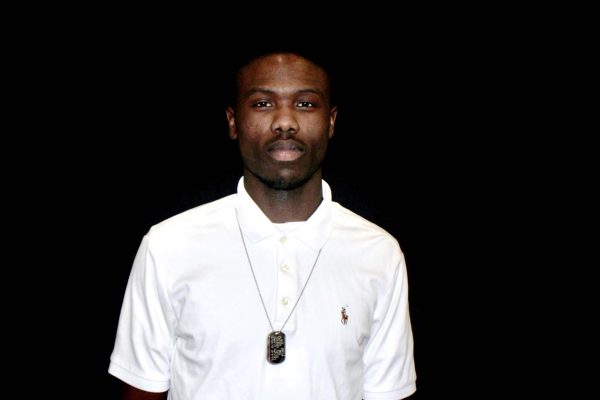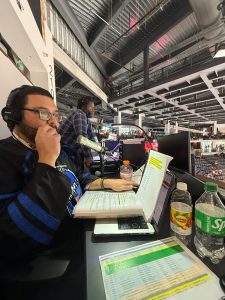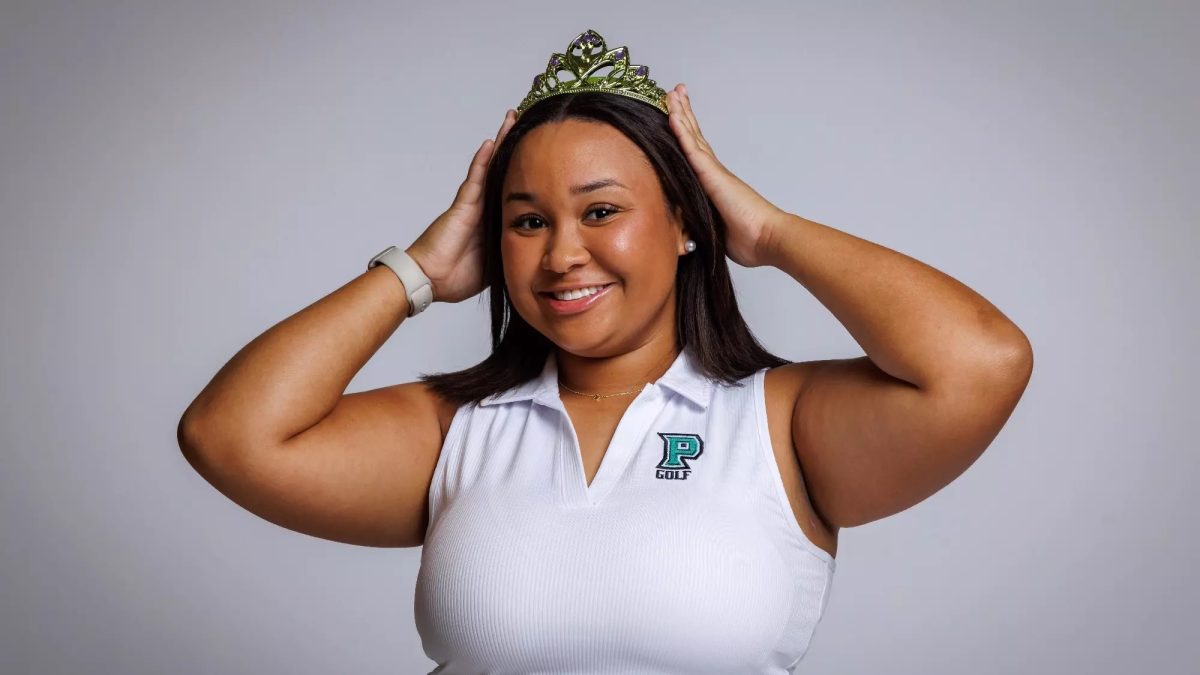On Track: Mental health struggles impossible to outrun
March 24, 2023
Best Column (2nd place) from the Georgia College Press Association.
It was May 3rd, 2019, probably one of the happiest days for me as an athlete, sitting in the media center at North Springs High School. The minute that pen touched the paper, I knew I was a college athlete. Throughout high school I knew I wanted to play collegiate sports; it was just a matter of where I would play and what sport would it be?
Growing up I played basketball for most of my youth; it wasn’t until my junior year of high school that I made the transition to track and field. Making that switch was hard for me mentally as basketball was the only sport I knew inside and out. I loved running track, but I wanted to “hoop.” It was my first love and I gained lifelong friends from playing basketball.
Signing that letter of intent for Piedmont University, which was known as Piedmont College at the time, boosted me into a small percentage of athletes that get to compete at the collegiate level.
What I didn’t know was I’d also become a part of the 33% of college athletes that suffer from depression or other mental health issues. Suffering from depression and anxiety but never seeking help was one of the worst moments I put myself through.
It’s always harder for athletes to come out and let everyone know that they are suffering from any type of mental struggle, especially high-level college athletes and professionals.
“I felt like I was in a game simulator where every day was the same and I was going through the motions,” said NBA all-star Paul George. “The stress from that took a huge toll on me.”
George authored and published a column in USA Today, opening up about the mental health struggles that he dealt with during COVID in the NBA bubble.
College life was completely different than I thought it would be when I was in high school, and it showed in my first semester at Piedmont. I went through high school without ever having my grade fall below a 72 in a class. I got into college and almost immediately started failing three out of my six classes. This sent me into a downward spiral. There were days I didn’t eat, didn’t go to class, stayed to myself and just went to practice. I was mentally checked out.
Things started to turn around when track season started in January. Everything was falling into place; I found a major that excited me, I was running good times on the track and I was developing new friendships.
Then Mar. 12, 2020, the downward spiral started again. Our season was abruptly cut short due to COVID-19, all my classes went online and there was no hanging out with friends.
I once again slipped into depression. I wasn’t alone.
An NCAA study found that during the pandemic, “student-athletes mental health was even negatively affected, with students reporting stress due to academic concerns, lack of access to their sport, financial worries and COVID-19 health concerns.”
Just like all students, college athletes face different obstacles that can negatively impact their mental health. And too many athletes are afraid that opening up about their struggles will make them seem weak or soft to their peers. It’s strange because if an athlete has a physical concern, they wouldn’t hesitate to see the trainer if they knew it could make them better.
I’ve come to realize that the mind is just as important, if not more important than any other physical ailment, and mental health should never be taken lightly. And there are people who can help.
Athletes seek help if you need it. You’re not alone.
On Track is a recurring sports column by Chris Donsereaux, a junior sports communications major and member of the Piedmont track and Field team.











